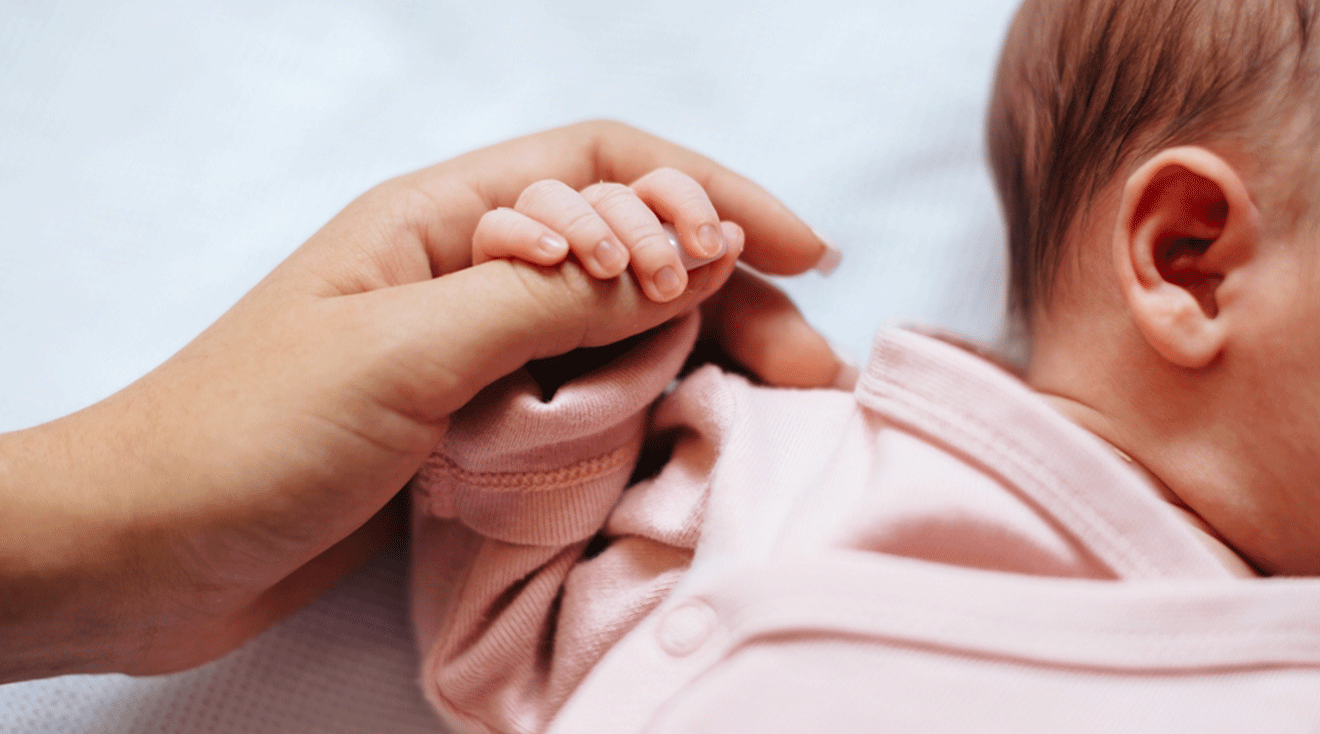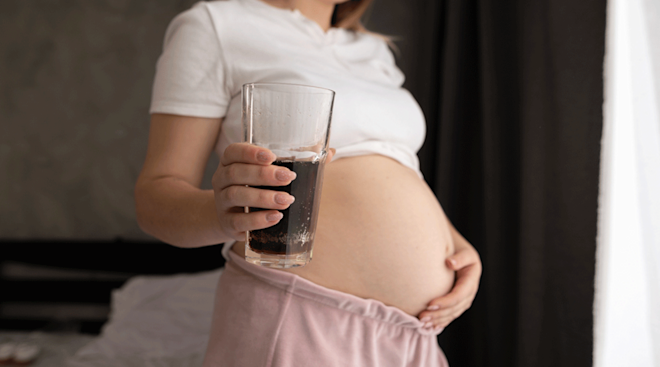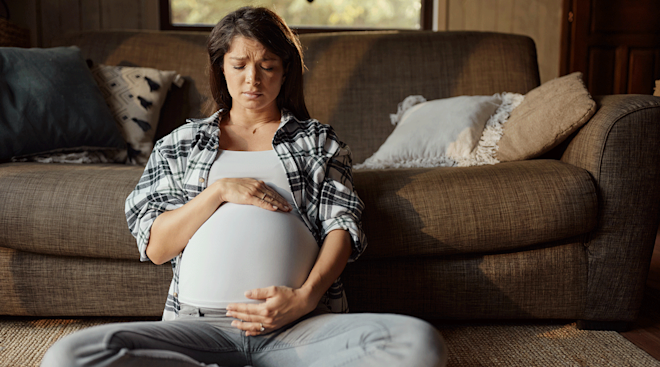Abortion Bans Linked to Rise in Infant Mortality, Study Shows
As the right to abortion continues to be challenged in states across America, the alarming effects of strict bans are becoming evident. It has already been suggested that the overturn of Roe v. Wade would lead to an increase in maternal mortality, new research has uncovered a link between strict abortion bans and a rise in infant deaths.
A recent study published in JAMA Network analyzed data from 14 states that implemented complete or six-week abortion bans. Researchers found that in these states, the fertility rate increased by 1.7%, equating to approximately one additional birth for every 1,000 women.
However, the increase in infant mortality was even more pronounced. A corresponding study found a nearly 6% spike in infant deaths in states that enacted bans. With about 500 more deaths than expected among the 22,000 additional births, the infant mortality rate for births linked to abortion bans—24 deaths per 1,000 births—was nearly four times higher than anticipated.
What’s causing this increase? Research also found an 11% increase in infant deaths due to congenital anomalies, equating to more than one additional death for every 10,000 births. Additionally, infant deaths from other causes rose by approximately 4% in states with abortion bans, suggesting that “legal exceptions based solely on fetal anomalies will not fully offset the negative effects of abortion bans on infant health,” the researchers wrote.
Not only did the study find an increase in births and infant deaths, but it also revealed that these effects were most pronounced among vulnerable populations, including racial minorities, those without a college degree, Medicaid beneficiaries, unmarried individuals, younger individuals and those in southern states.
“These findings make it clear that many pregnant people were unable to overcome barriers to accessing abortion services and were instead forced to carry an unwanted or unsafe pregnancy to term,” said Dr. Suzanne Bell, the co-author of the new studies. “The largest impacts are among populations experiencing the greatest structural disadvantages and in states with some of the worst maternal and child health outcomes, even before these abortion bans were imposed.”
In editorial commentary accompanying the research, published in JAMA, Alyssa Bilinski PhD, an assistant professor of health policy at the Brown University School of Public Health, emphasized the need for stronger family and child support systems in response to these findings.
“Abortion restrictions that force the continuation of unexpected and high-risk pregnancies make it all the more critical to ensure robust supports for children and families in the US,” she wrote. “There should be no partisan divide over the idea that all children and families deserve the opportunity to thrive.”
Navigate forward to interact with the calendar and select a date. Press the question mark key to get the keyboard shortcuts for changing dates.





















































